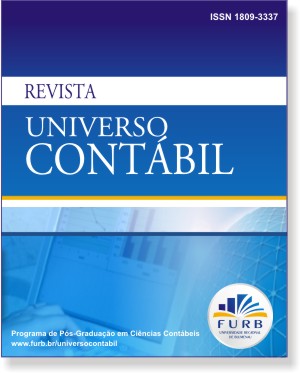IMPACT OF THE EVOLUTION OF FUTURE EGG PRICES ON THE PERFORMANCE OF A COMMERCIAL EGG PRODUCING OPERATION
DOI:
https://doi.org/10.4270/ruc.20095Keywords:
Case study. Egg producing. Dynamic programming.Abstract
The aim of this case study is to apply the real options method to identify a minimum price frontier for a box of eggs over the useful life of a laying hen, using two historical price series. In a dynamic scenario filled with uncertainties, management flexibility is an essential conditioning factor to a producer's performance. Management flexibility can be the option to wait to sell at a potentially higher price, meaning the producer has a real option. The study is empirical, presenting the evolution, under the uncertainty of the future price of eggs, of a minimum cost frontier of a box of eggs for which it is still profitable to maintain the laying hen for an additional period instead of slaughtering it before the end of its useful life - meaning not to exercise the real option. To construct this frontier, we used the dynamic programming method. We observe that at the prices of December 2005, if the price of a box of eggs had fallen to less than R$ 16.00 at the start of a laying hen's commercial life, the option for slaughtering it would not have been rational. The main result can be summarized in a minimum price frontier for a box of eggs, whose interpretation is immediate: if the price at that moment in time is less than the frontier, it is worth selling the hen immediately than waiting another week, since the expected evolution of prices is not compensatory.
Downloads
Downloads
How to Cite
Issue
Section
License
The copyright for papers published in this journal belong to the author, with rights of first publication for the journal. As the papers appears in this publicly accessed journal, the papers are for free use, receiving their credit, in educational and non-commercial uses. The journal will allow the use of the papers published for non-commercial purposes, including the right to send the paper to publicly accessed databases.


